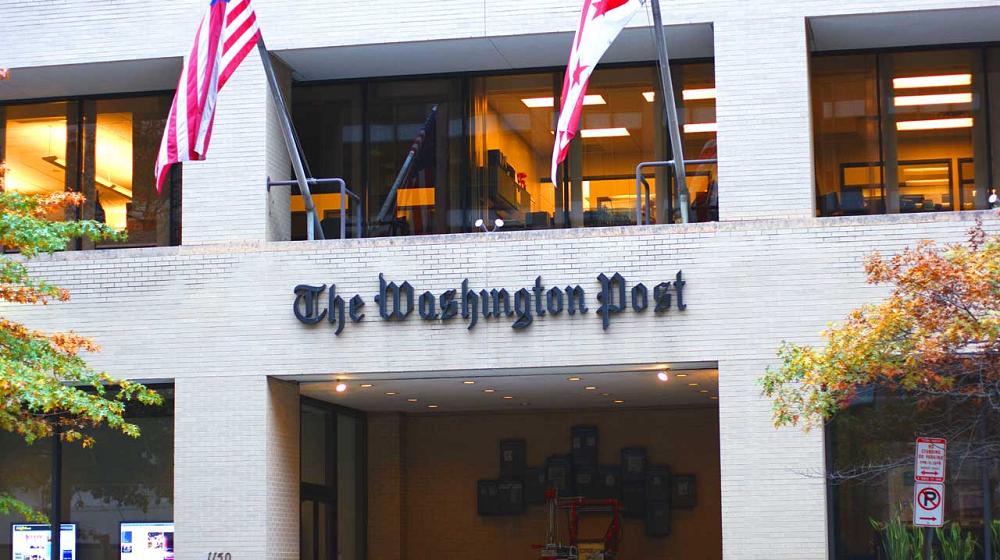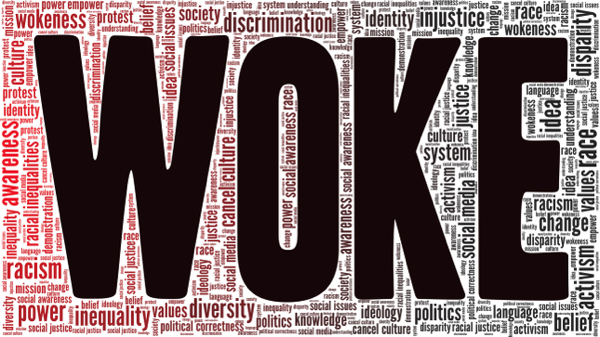Free speech wins the culture war
12/16/2024 / By News Editors

Gradually, then suddenly,” Hemingway’s bankruptcy quote can just as easily be applied to politics. If you had told me six months ago that a motley crew of free speech advocates would deal a thumping blow to the censorship leviathan I would have been deeply sceptical.
(Article by Andrew Lowenthal republished from NetworkAffects.Substack.com)
I had thought the Twitter Files would be the blow, but it turns out that was just a softening-up affair. The Twitter Files certainly moved the needle in the culture at large, but the institutions mostly continued their stiff resistance to accountability and change.
That change is now coming to the U.S. government and will flow on to academia, NGOs, and anywhere else that had its gums firmly locked to the teat of the state. That of course assumes the new administration comes good on its promises. On free speech, I’m reasonably confident it will given a sizable part of the censorship was directed at the Trump camp at its new allies. My concern is more that they will go overboard – either by removing any guardrails at all or through overreach and becoming the new censors.
As I have noted many times, Musk’s X has repeatedly contradicted their free speech commitments, I’m expecting the same from the new administration. Trump’s currently viral 2022 speech outlining how he will dismantle the censorship regime is very promising and will be a baseline to hold him to. My nonprofit, liber-net, has its own set of proposals about how to dismantle the Censorship-Industrial Complex.
How many other promises Trump keeps I do not know – an unwavering vigilance is required. There is already much talk about whether RFK Jr, Tulsi Gabbard et al. will play the strong role that was advertised. Worrying signs were rather immediate with the appointment of Big Pharma lobbyist Susie Wiles as Trump’s Chief of Staff. At the same time, the New York Times is reporting that Neocons Pompeo and Haley will not be part of the next administration.
Cutting federal funding to “fact-checking” NGOs and “anti-disinformation” academic institutions is a critical first step. Over at liber-net we’ve built a database of more than 1000 “anti-disinformation” initiatives and are busy identifying which are or were federally funded. That database builds on the 350 organisations we catalogued for Matt Taibbi for the Censorship-Industrial Complex expose. Though we only wrote up 50, there are at least another 50-100 more that could be on that list.
Remember the censorship regime is not only about the U.S., the federal government provides millions of dollars to NGOs and academia around the world to combat “disinformation”, much of it to censor opposition political views and keep or put in place its favoured vassals.
Might there be some legitimate anti-disinformation activities in the mix? Quite possibly. A cautious and fair assessment is required.
Can the liberal and progressive censors learn? Right now it is a win if they do and a win if they don’t. People are increasingly tuning them out – if they double down they become even more irrelevant, and if they reform then all the better. There will be a push in both directions, though given the breakdown of dialogue in these spaces, and their complicity (either through participation or silence) continuity is the more likely outcome.
It depends partly on how many people in these spaces have been biding their time and are now willing to step up. My experience tells me that a number of people will come out of the woodwork – the problem is that so few came out in recent years that there is a serious lack of leadership to coordinate any real reform. The people in academia who spoke out against the censorship number in the low dozens at best.
Elite spaces like Harvard, Yale, and Stanford are often conformity machines. They gather the kids who sat at the front of the class for whom achievement, recognition, and position are their guiding light, and principle and distant second. Thankfully there are also a few notable exceptions, among them Jay Bhattacharya, Martin Kulldorff, Aaron Kheriaty, and more.
The continuity faction will take a few baby-step back peddles, for example, this recent piece from Ethan Zuckerman, a media commentator strongly connected to Harvard and MIT circles. Zuckerman says the “gullibility of Trump supporters” played a key role in the 2016 election, and that genuine “attempts to protect public health” were wrongly perceived as “political censorship”. However, he is willing to admit that “sensitivity over disinformation may have led platforms to be overzealous, limiting online discussion of allegations against Joe Biden’s son Hunter, accused of corruption in his dealings with a Ukrainian oil company.”
However, he fails to mention that NGOs, academia, and media, were involved in the Aspen Institute’s coordination to suppress that very story two months before it was known publicly. Perhaps because he doesn’t know, or perhaps because of his own close ties to Aspen, which include his participation in their Information Disorder initiative. Class solidarity dies hard.
To hammer home the complete lack of self-awareness Zuckerman notes that it has “always been possible to isolate oneself in an ideological bubble, reading or watching only familiar and comfortable media”, unaware he is in the biggest bubble of them all.
I’m not holding out hope that the academic, NGO, and philanthropic bubble will get very far on their own. There is no incentive. Almost everyone was complicit in the censorship. People likely try and hold on to their coveted roles as long as possible, that was clearly the game up until the election and we shouldn’t expect it to change now. Federal funding cuts are likely required to make the required reforms a reality.
People should be allowed and encouraged to change their minds, but the academic, NGO, and liberal philanthropy leaders have proven themselves both cowardly and corrupt. A new generation and a new start is required to turn the ship around.
The election was a repudiation of the censorship regime and the people and culture that enabled it, but the battle for free speech is not complete until the captured institutions become homes again truly free inquiry and facilitators of open, honest, and robust conversations.
Read more at: NetworkAffects.Substack.com
Submit a correction >>
Tagged Under:
big government, censorship, censorship-industrial complex, culture war, cyber war, disinfo, Donald Trump, fascism, First Amendment, free speech, freedom, glitch, left cult, liberty, politics, progress, speech police, suppressed, thought police, tyranny, White House
This article may contain statements that reflect the opinion of the author
RECENT NEWS & ARTICLES
COPYRIGHT © 2020 Culturewars.news
All content posted on this site is protected under Free Speech. Culturewars.news is not responsible for content written by contributing authors. The information on this site is provided for educational and entertainment purposes only. It is not intended as a substitute for professional advice of any kind. Culturewars.news assumes no responsibility for the use or misuse of this material. All trademarks, registered trademarks and service marks mentioned on this site are the property of their respective owners.




















